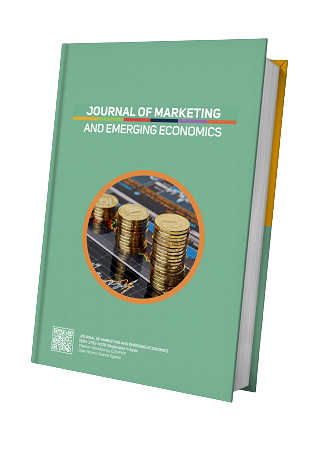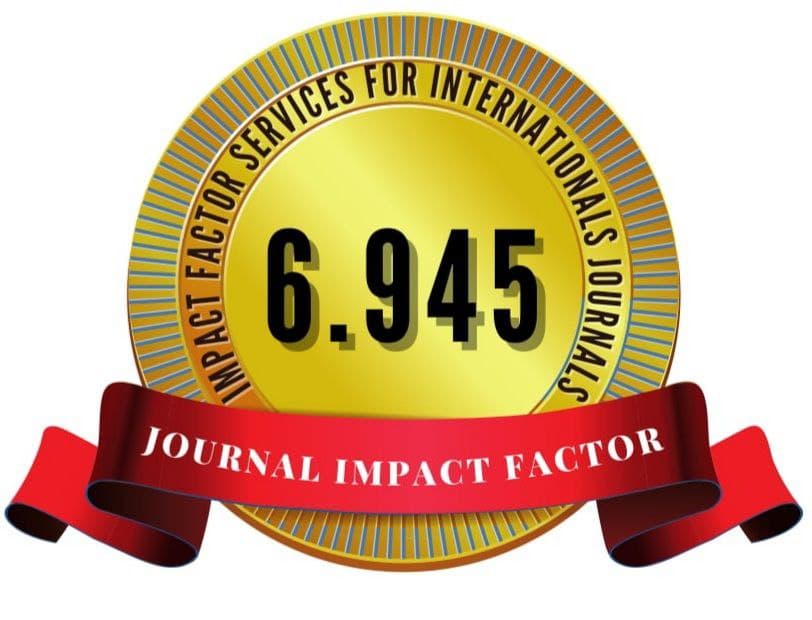Utilization of E-Commerce in Marketing Smes Products in Manado
Keywords:
UMKM, E-Commerce, Technology Acceptence Model, perceived usefulness, perceived convenience, perceived riskAbstract
SMEs are one of the micro-enterprises that empower home-based industries. Indonesian SMEs have a contribution of 15.8% to the global production supply chain at the ASEAN level. The development of MSMEs from year to year is influenced by the use of information technology and information systems. E-commerce is one of the technologies that support the development of SMEs and trade today. Advances in technology, computers, and telecommunications support the development of E-Commerce in Indonesia. With the internet, business actors no longer need to experience difficulties in obtaining any information. The beauty of nature makes the city of Manado synonymous with tourism. The growth of the tourism sector encourages other economic sectors to also develop, namely culinary and handicrafts. In Manado, culinary and handicraft businesses are mostly run by Micro, Small and Medium Enterprises (SMEs) through the #TerusUsaha program pioneered by Grab For Good which is a concrete step from Grab to increase the ability, capacity, and reach for MSMEs and individuals in welcoming the future. ahead ofthe digital economy.
The purpose of this study was to find out more about the factors that influence the participation intention of MSME actors through the #Keep Business program initiated by Grab. The four variables used in this study are Perceived Usefulness, Perceived Ease of Use, Perceived Risk, and Perceived Trust. This study uses multilinear regression to analyze the effect of the variables perceived usefulness, perceived convenience, perceived risk, and perceived trust as independent variables. The results of this study indicate that perceived usefulness and perceived risk have no significant effect on the Grab for Good program, while perceptions of convenience and perceptions of trust have a significant and positive effect on the Grab for Good program.





